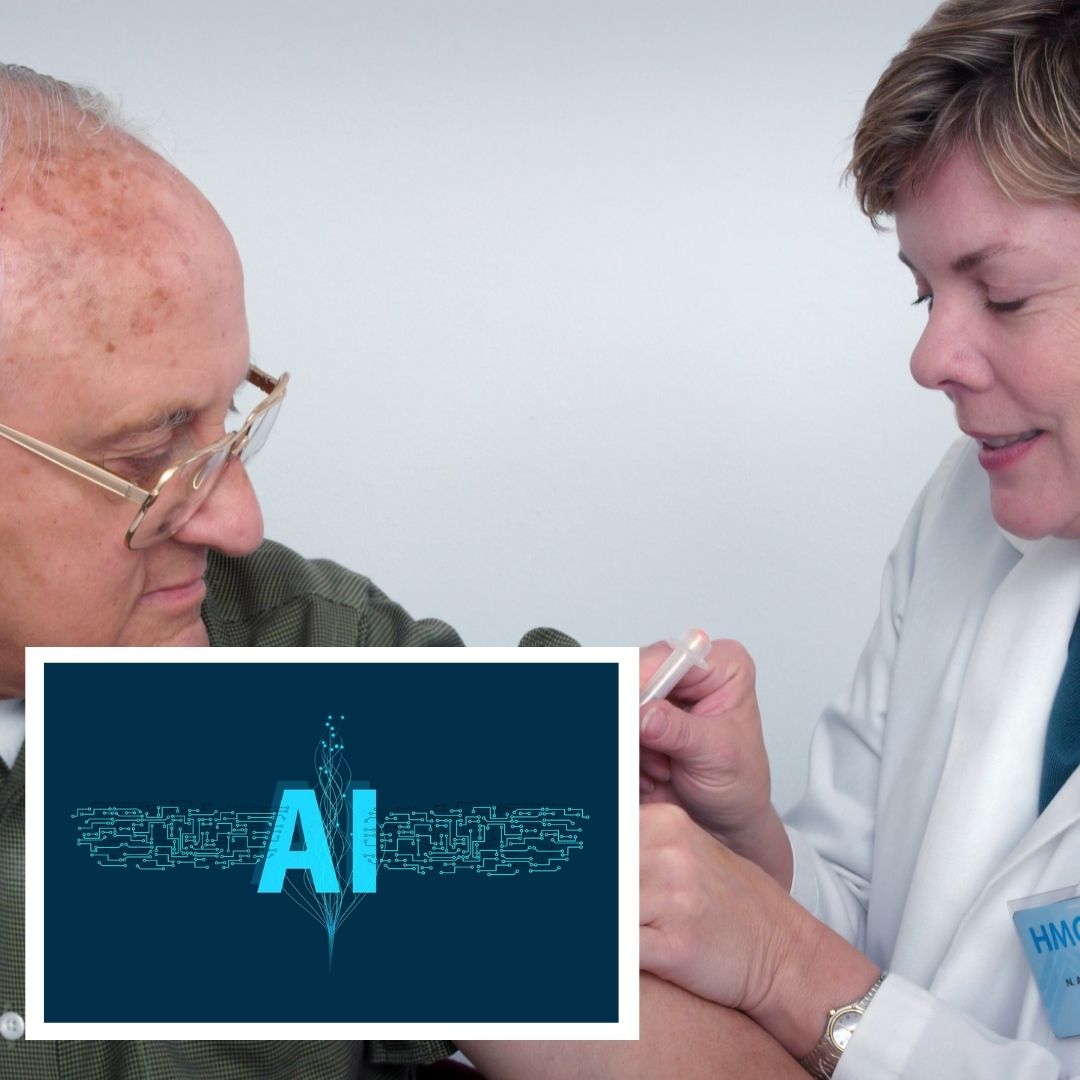Is Artificial Intelligence In Healthcare Sector Accessible Enough For The Elderly?
Writer: Akanksha Saxena
I am a budding journalist who loves to write stories that have the ability to connect with people.
Others/World, 10 Feb 2022 11:50 AM GMT
Editor : Ankita Singh |
A literature lover who likes delving deeper into a wide range of societal issues and expresses her opinions about the same. Keeps looking for best-read recommendations while enjoying her coffee and tea.
Creatives : Akanksha Saxena
I am a budding journalist who loves to write stories that have the ability to connect with people.
A study done by the World Health Organisation (WHO) sheds light on the biases perpetuated by AI technology in healthcare facilities when accessed by old people.
The World Health Organisation (WHO) recently released a policy brief addressing the ageism bias perpetuated by Artificial Intelligence (AI) in the healthcare sector. Titled 'Ageism In Artificial Intelligence for Health', it sheds light on the technological inaccuracies that could make it inaccessible for elderly people globally.
The policy is published as a part of an initiative called 'Global Campaign To Combat Ageism'. Partnered with WHO, it helps countries frame various age-inclusive policies and is accessible for both young and older adults alike.
Ageism And Artificial Intelligence
The term 'Ageism' is defined as the 'stereotypes (how we think), prejudice (how we feel) and discrimination (how we act) towards others or oneself based on age.' The concept is not just limited to people of a certain age. From a young child to a senior citizen, ageism is witnessed in various institutions that limit their capabilities and leave them behind in progress.
Recent years has seen a rapid surge in Artificial Intelligence in several fields. It refers to the theory under which computer systems are rendered capable of executing tasks requiring human intelligence. Some of the processes include language translation, visual perception, speech recognition and the like.
Bias In AI Healthcare
The AI application in healthcare facilities for older people is proving to be promising. "AI has been identified as especially promising in at least two areas: remote monitoring to facilitate community care and long-term care and development of drugs related to ageing," says the policy.
However, if left unchecked, they can perpetuate ageism towards the elderly community. Alanna Officer, Unit Head of WHO's Demographic and Healthy Ageing, was quoted saying, "The implicit and explicit biases of society, including around age, are often replicated in AI technologies."
Lack of Inclusivity, Digital Divide
A glaring problem here is Digital Divide. However affordable the technology may be, it will not achieve its purpose if it is not inclusive and accessible. When using AI facilities, understanding the necessary algorithm plays an important role. The policy explains, "Older people may have less' algorithmic awareness' than younger people or less knowledge about its usage. The divide results in lower participation rates in the digital economy or inefficient digital technologies."
Another issue is the lack of inclusivity. From its inception, the method and data involved in developing such technologies leave out older adults due to stereotypical notions. "Such exclusion is often due to ageism and the stereotype that older people are being 'forgetful, more rigid in thought, less motivated, less dynamic than their younger counterparts, frail, ill and incompetent'," says the brief.
The lack of diversity further strengthens the woes. Ageism is a general concept in several low to middle-income countries. As reported by The Wire, India is one of the many countries that perpetuates the bias at a higher rate.
Need Of The Hour
Every problem needs a solution. Therefore, the team at the WHO has provided guidelines to mitigate the concern. It lays down eight essential steps: Participatory design of AI technologies by and with older people, age-diverse data science teams, investments in digital infrastructure and digital literacy, right of older people to consent and contest, and many others.
Apart from such developments in the technological fields, governance improvement is also necessary. "Agencies should be in place to ensure that governments, international agencies, non-governmental organisations, private sector, public-private partnerships work with older people and discourage ageism," elaborates the policy to combat stereotypes.
Also Read: 'Close The Care Gap': What Is The Status Of Holistic Care For Cancer Patients In India?
 All section
All section















